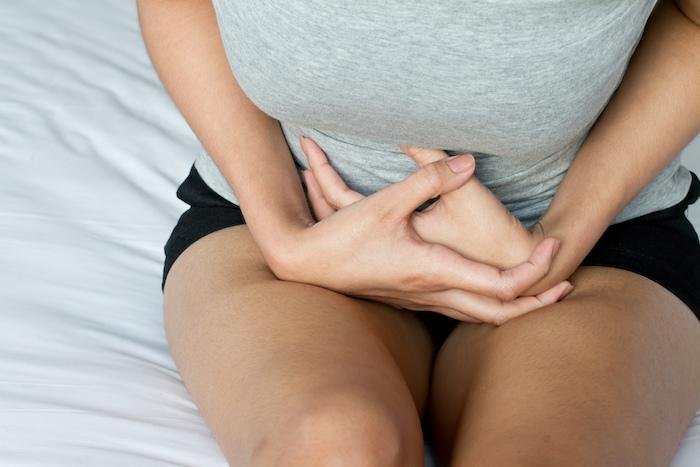Constipation and Pelvic Prolapse
You spend your days running here and there, and it’s not often you get a chance to sit on the toilet and have a bowel movement. But even when you have the urge and the time to go, you’re not able to get anything moving. You get plenty of dietary fiber, you drink lots of water, and you’re active, so what gives? The truth is, this could be a sign of pelvic prolapse.
Dr. Neeraj Kohli and the rest of our team at Boston Urogyn treat women living in the Massachusetts communities of Wellesley, Weymouth, Oak Bluffs, and Hudson. If “going” is a regular problem for you, we want to help find the reason behind your chronic constipation. If it is pelvic prolapse, we can treat it safely and effectively.
Chronic constipation isn’t normal
Many women deal with chronic constipation and simply think of it as a normal occurrence. According to a study from 2018, women, especially older women, are much more likely to experience long-term constipation than men. One of the reasons for this is that women often feel that they don’t have much time to themselves. If life isn’t throwing one project at you, it’s another, and this could lead you to skip an ample amount of time in the bathroom. Resisting the urge to go when you should do so can actually lead to constipation down the line.
Still, if you feel you’re not able to have a bowel movement even if you have the urge and the time to go, it could be a sign of pelvic prolapse.
The lowdown on pelvic prolapse
This condition occurs when the pelvic floor muscle, which supports the vagina, uterus, rectum, and bladder, becomes weakened over time, causing the pelvic floor to bulge out. One of the most common versions of this issue is called a rectocele, which occurs when there is a kind of hernia bulge in the colon. This can lead to constipation, as stool gets trapped in the bulge, preventing it from being evacuated in the normal fashion.
Pelvic prolapse often happens in older women, but it is not simply a part of getting older. It’s actually a serious problem that requires correction for long-term health and wellness. Often, it’s the result of vaginal childbirths, but being overweight, having a family history of this issue, or having had a hysterectomy can all increase the likelihood of its occurrence as you age.
Symptoms of pelvic prolapse
If you’re still unsure if your constipation could be caused by pelvic prolapse, here are some of the other symptoms to look for, including:
Pain or pressure in your vagina or rectum
A strange bulge of tissue coming out of your vagina
Difficulty urinating or having intercourse due to pain
Pelvic muscle spasms
Frequent and urgent need to urinate
A feeling that your vaginal tissue is loose
A feeling of fullness in the vagina or rectum
Want to know more about pelvic prolapse?
If from the information above you think you might have pelvic prolapse, it’s important to seek help right away. There are many different treatments for this issue, most of which require minor to major forms of surgery. But after being treated, you’ll begin to feel much healthier and experience a reduction in your symptoms, including constipation.
Call one of our four Massachusetts offices today, or you can make an appointment online at your earliest convenience.

